When it comes to rapidly lowering blood sugar levels, exercise and medication are the primary options. Nonetheless, specific food choices, such as leafy greens, whole grains, eggs, and nuts, have a minimal impact on blood sugar elevation compared to others, potentially aiding in the reduction of long-term fasting glucose levels.
These foods, also referred to as blood glucose-neutral, can assist individuals in avoiding sudden spikes in blood sugar. Alongside dietary adjustments, maintaining or adopting an active lifestyle is crucial.
This article outlines the foods individuals can incorporate into their dietary regimen. By incorporating more of these foods, spices, and beverages, individuals may be able to stave off prediabetes or type 2 diabetes.
- Apple Cider Vinegar
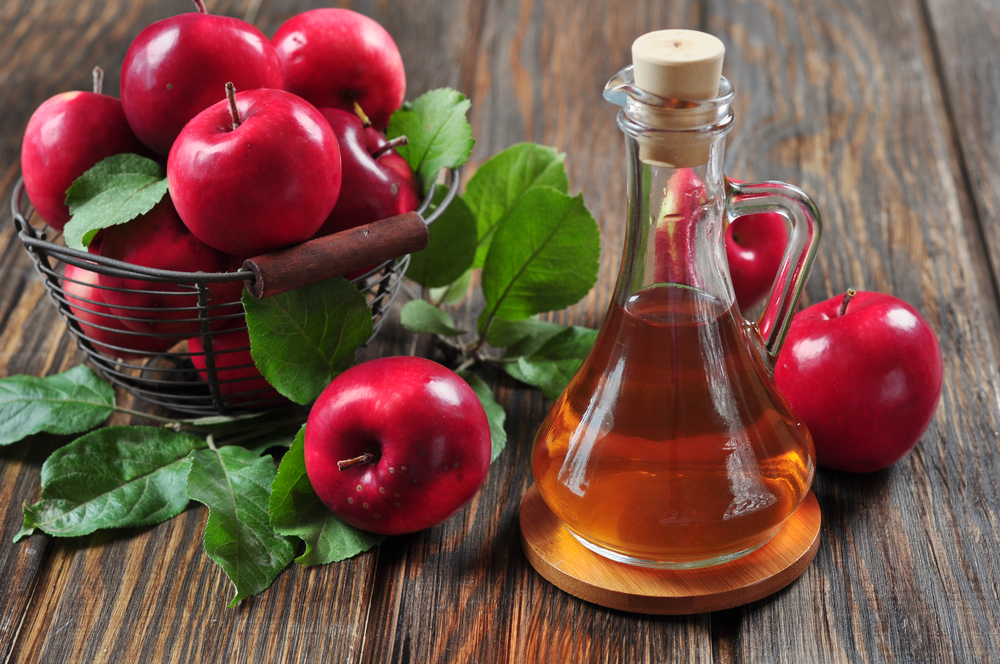
The acetic acid in apple cider vinegar has been shown to improve insulin sensitivity following meals, potentially mitigating blood sugar spikes. Consuming a diluted amount before meals may help regulate blood sugar levels.
- Avocados
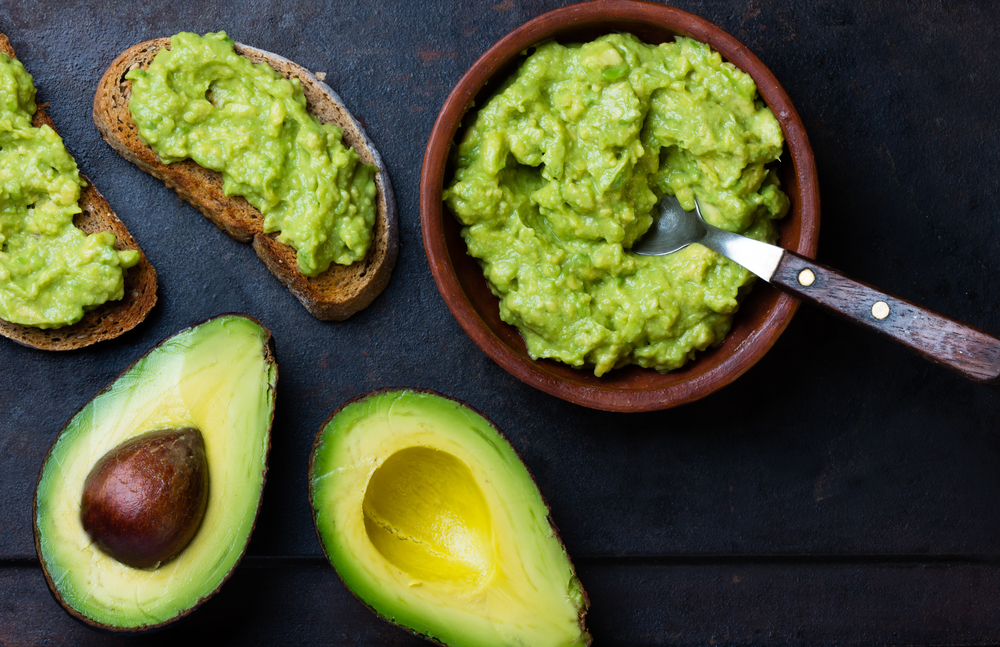
Incorporating polyunsaturated fatty acids (PUFAs) and monounsaturated fatty acids (MUFAs) into a blood sugar-friendly diet is essential. These fats can enhance insulin sensitivity and promote feelings of fullness while positively affecting blood pressure and inflammation. Avocados are particularly rich in MUFAs, with past research indicating their potential to reduce the risk of metabolic syndrome, a precursor to type 2 diabetes, as well as related conditions like heart disease and stroke.
- Garlic
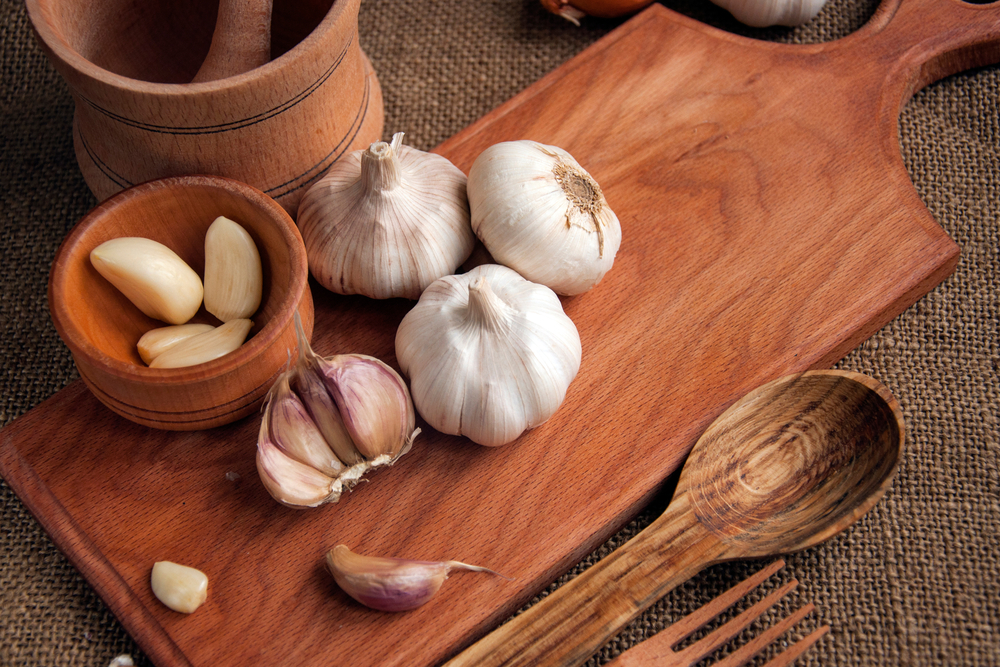
Garlic shows promise in blood sugar management, with reports suggesting its potential to lower fasting blood glucose levels. With a low glycemic index (GI), garlic does not significantly raise blood sugar levels. Incorporating garlic into meals, such as using it as a spread, can be a simple way to enjoy its benefits.
- Sour Cherries
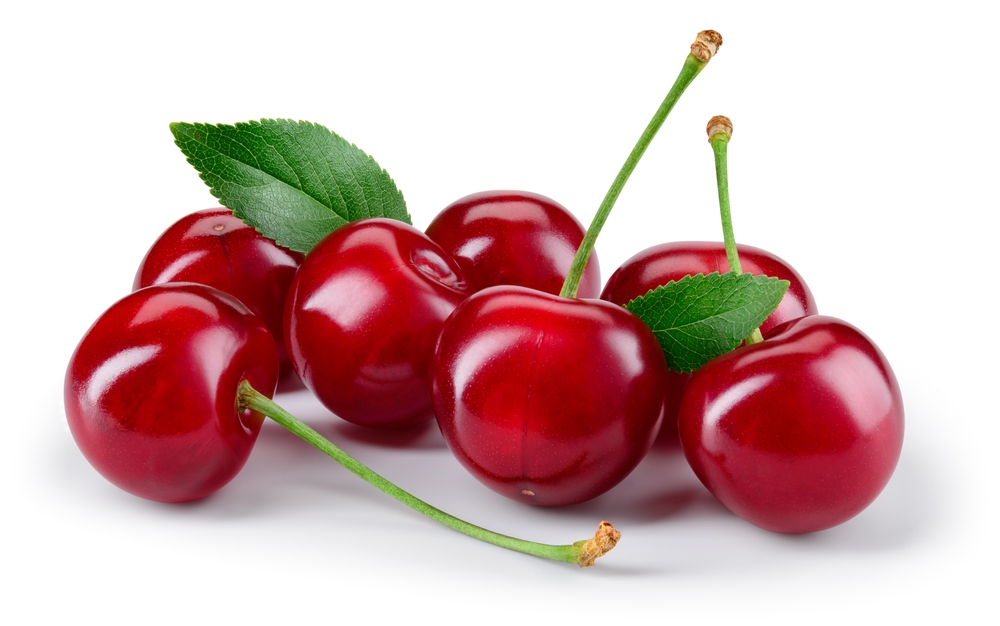
Sour cherries contain anthocyanins, compounds that studies indicate may offer protection against type 2 diabetes and obesity. Other unsweetened red or purple berries share similar properties and can be included in the diet to support blood sugar control.
- Leafy Greens
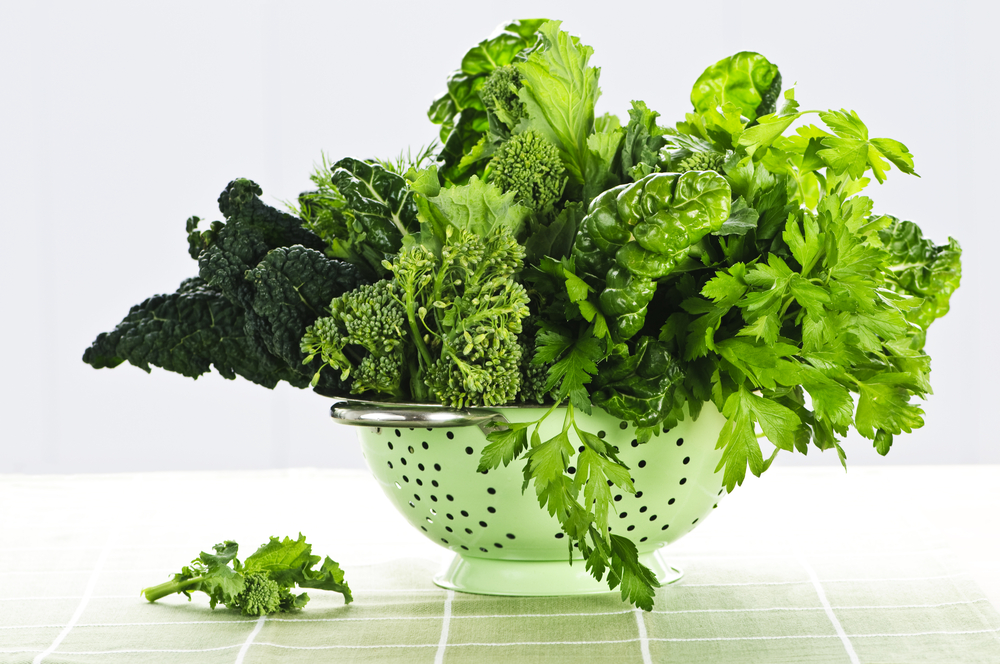
High in fiber, magnesium, and vitamin A, leafy greens contribute to lower blood sugar levels. Incorporating varieties like spinach, lettuce, collard greens, turnip greens, kale, and Swiss chard into daily meals may reduce the risk of type 2 diabetes.
- Chia Seeds
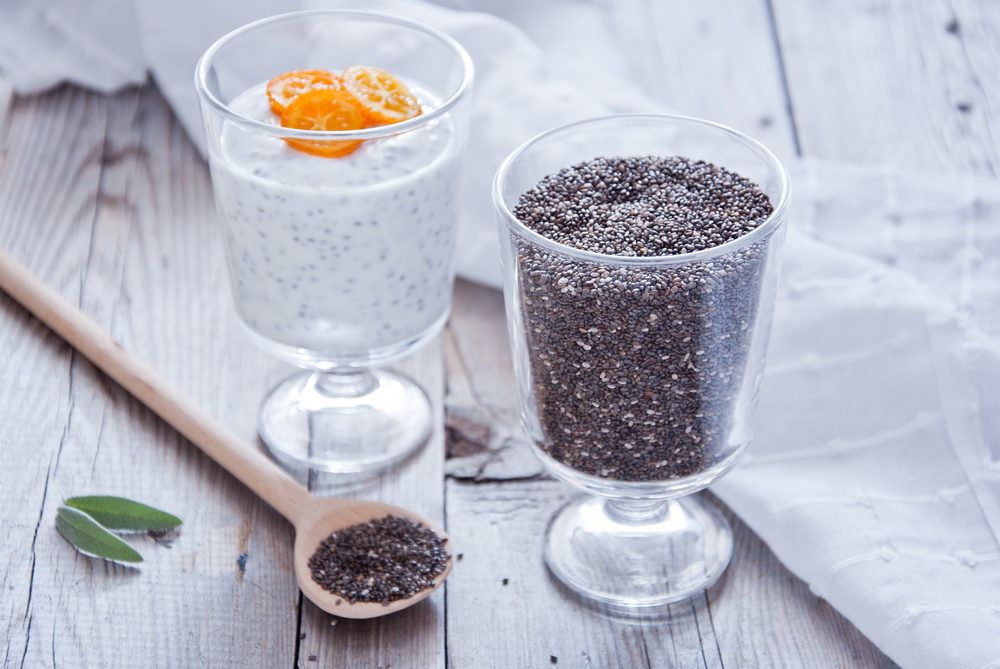
Chia seeds are rich in fiber, healthy fats, omega-3s, calcium, and antioxidants, making them a valuable addition to the diet. Their low GI and versatility in recipes make them an easy choice for blood sugar management.
- Blueberries and Blackberries
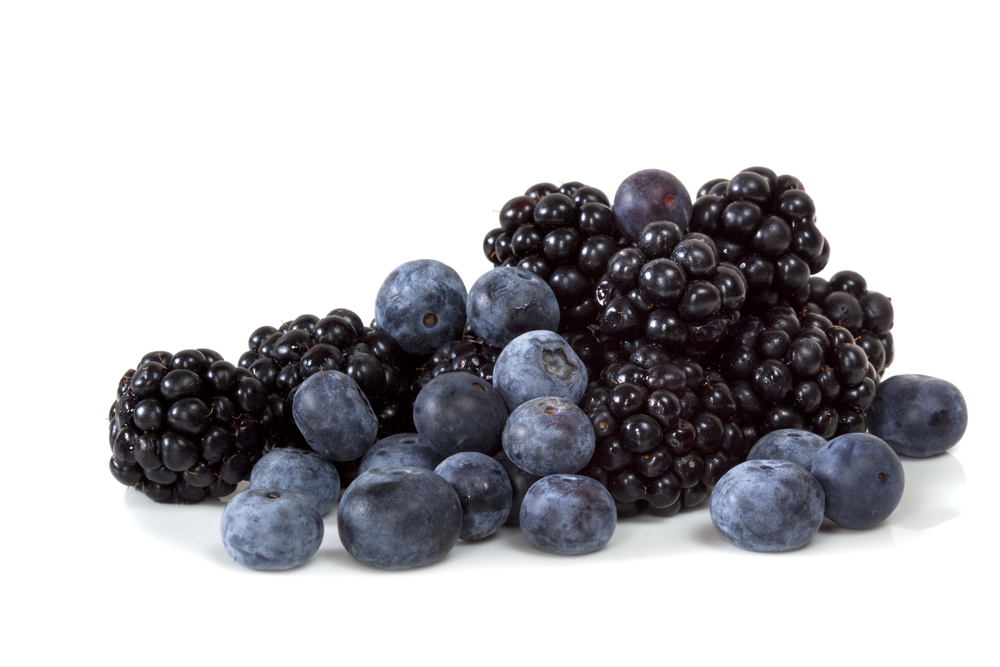
With their low glycemic index and abundance of anti – oxidants and fiber, blueberries and blackberries are beneficial for improving insulin sensitivity.
- Almonds and Other Nuts

Almonds, in particular, have been linked to regulated blood sugar levels and a reduced risk of type 2 diabetes. While nuts contain some carbohydrates, their primary composition is fiber, making them a suitable snack option.
- Whole Grains
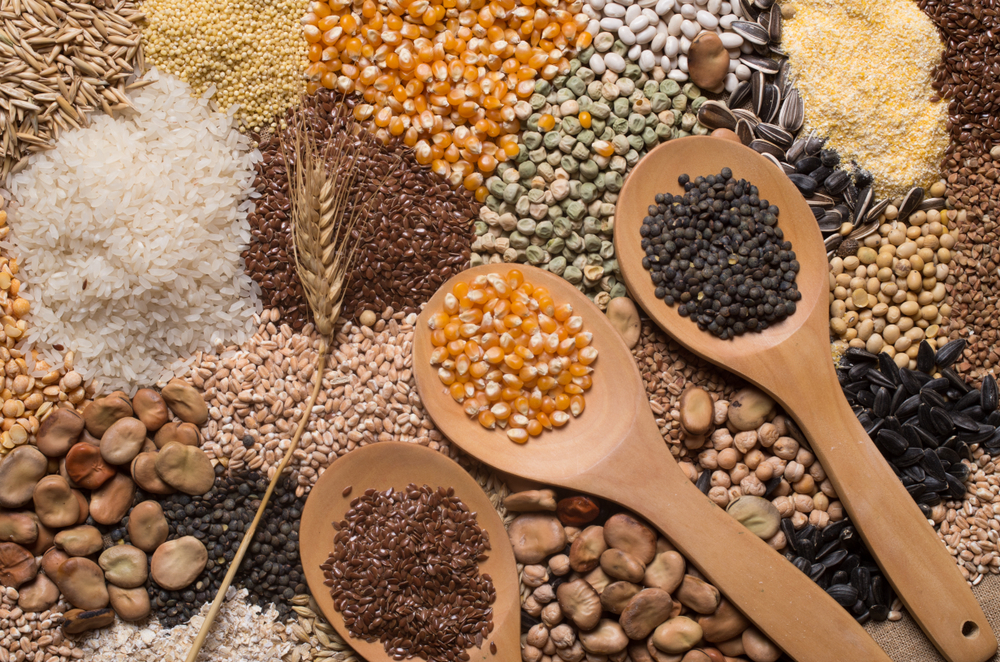
Opting for whole grains like millets or quinoa over refined grains can help stabilise blood sugar levels due to their higher fiber and nutrient content.
- Eggs
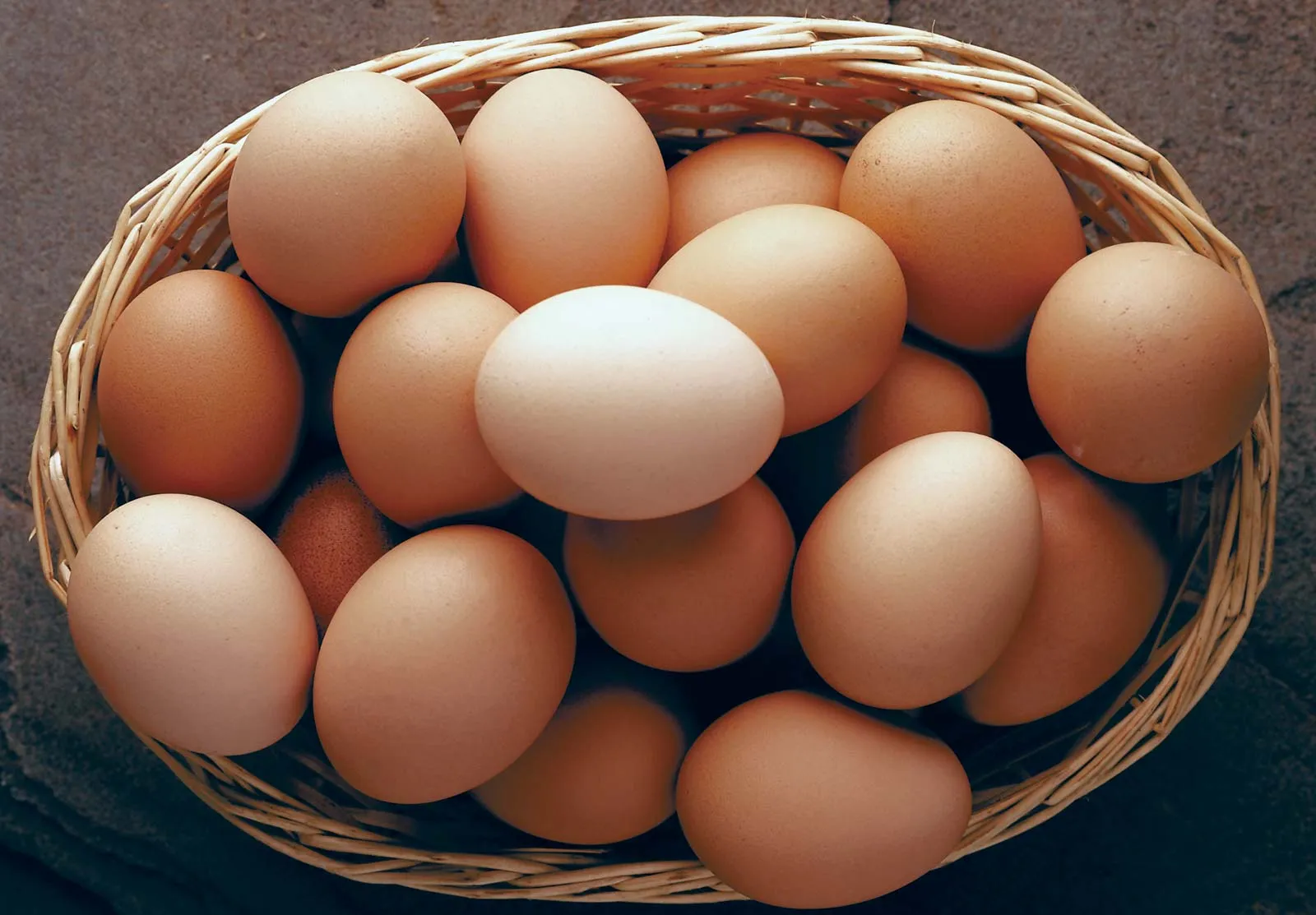
Despite concerns about their cholesterol content, eggs are considered a nutritious choice, with research suggesting they can contribute to feelings of fullness and may be consumed regularly.
Encouraging Healthier Choices
Several apps are available to assist individuals in making healthier food choices by providing information on carbohydrate and sugar content. By monitoring their intake, individuals can better manage blood sugar levels and reduce the risk of diabetes.
Conclusion
To mitigate the risk of type 2 diabetes and prediabetes through diet, individuals should limit high-sugar foods and reduce overall carbohydrate consumption. Incorporating foods like leafy greens, whole grains, eggs, and nuts can help maintain stable blood sugar levels over time. However, a balanced diet, regular exercise, and maintaining a healthy weight remain the most effective long-term strategies for preventing type 2 diabetes.



